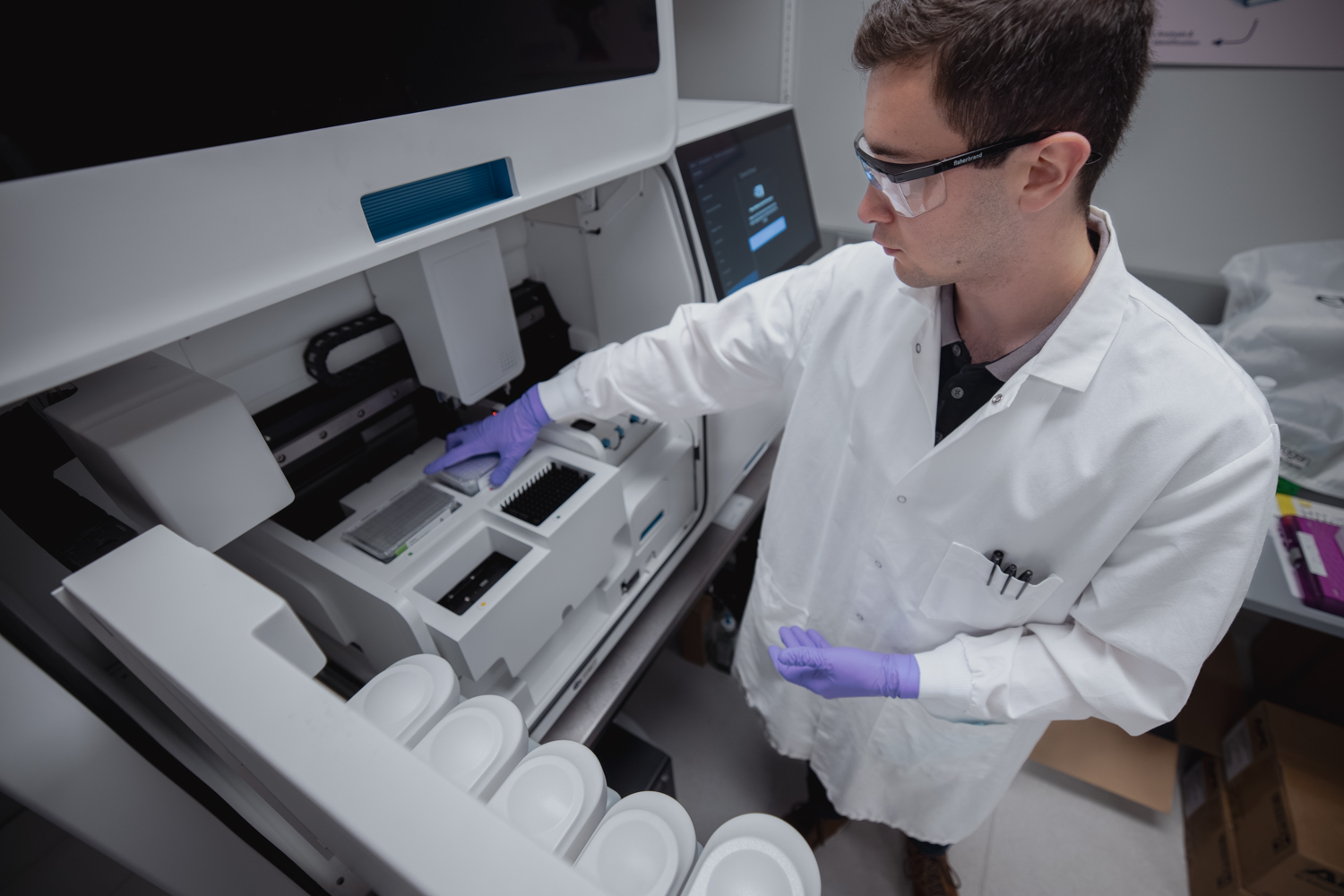Who We Are
As the research engine of the Knight Initiative for Brain Resilience, our in-house lab combines academic rigor and curiosity with the agility of a startup. We leverage state-of-the-art technologies—such as transcriptomics, proteomics, metabolomics, and advanced imaging—to explore and map the molecular evolution of brain aging across the lifespan.
With a flexible, data-driven approach, we both spearhead new discoveries and rapidly engage with emerging breakthroughs, accelerating progress in the science of brain health and resilience.




















